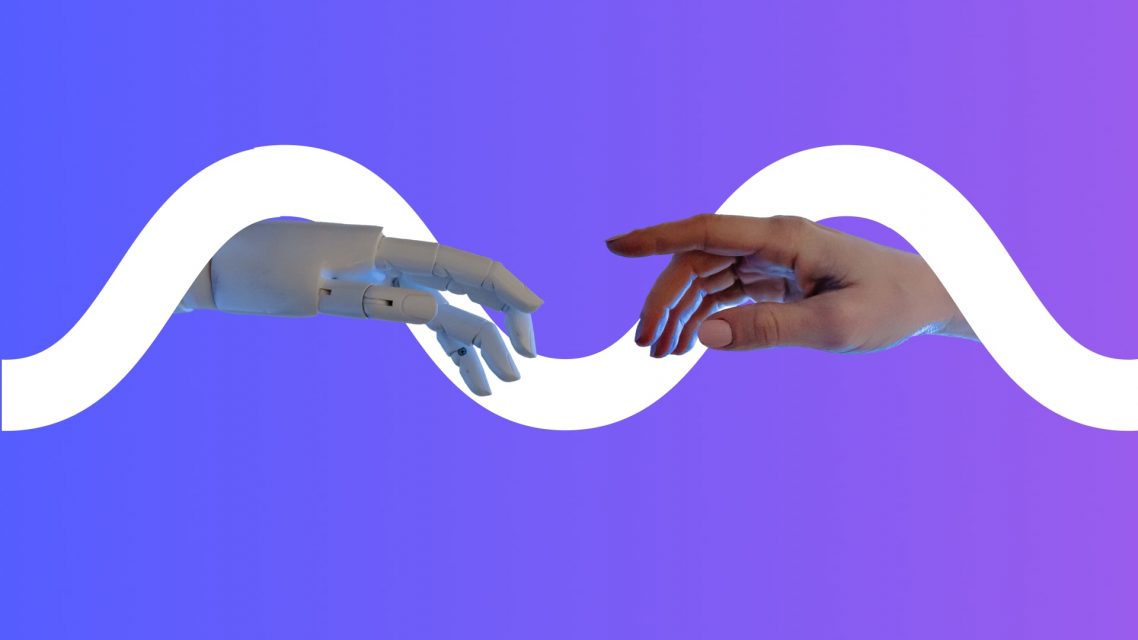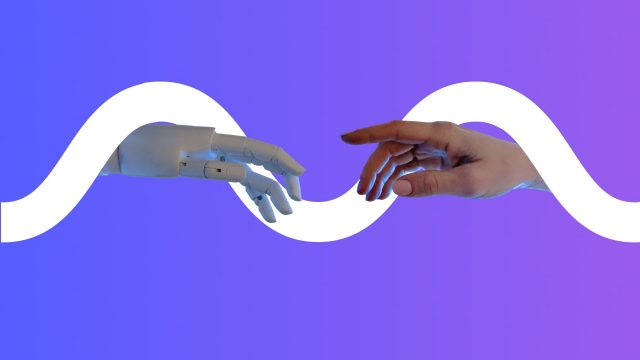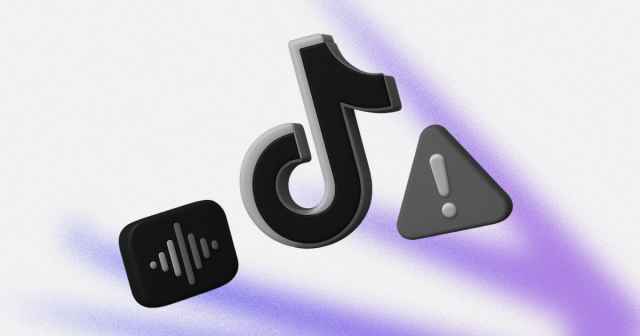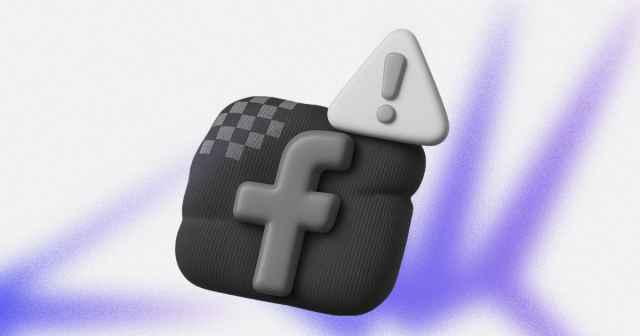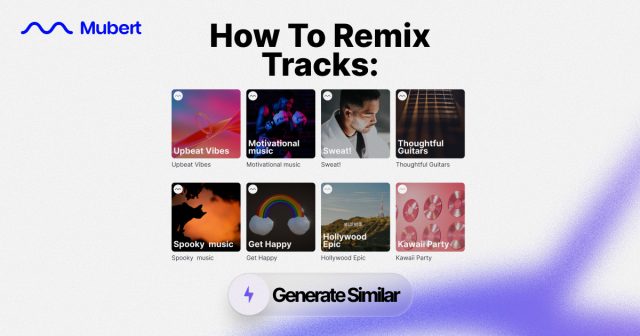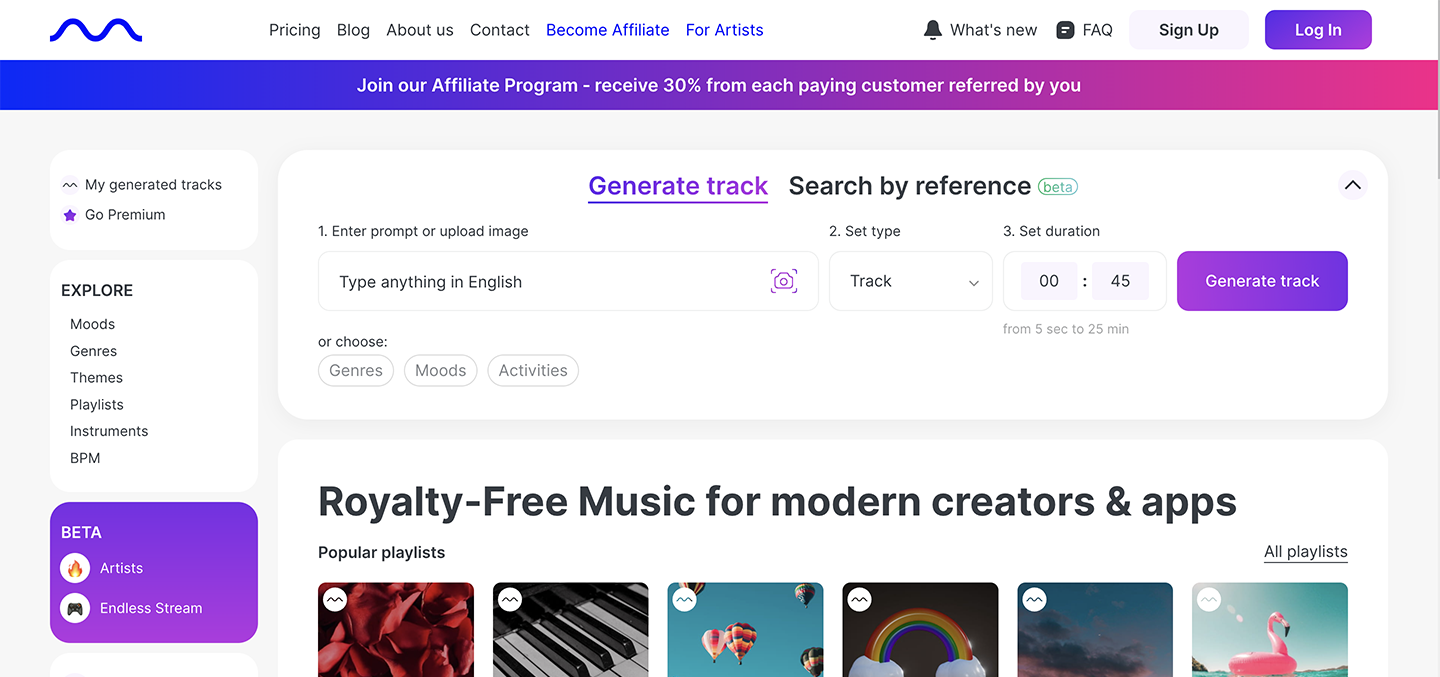
Create royalty-free AI music tracks with one click
Just describe what you want and get an instant track of any duration — and you will never meet any troubles with copyrights
Get startedOf course, you might be wondering,
How in the world do I know if a song is copyrighted?
Dive in with us as we explore how to check if a song is copyrighted and why it’s so important.
What Is Music Copyright?
Before we get in too deep on how to know if a song is copyrighted, let’s gain a deeper understanding of what “copyright” means.
A writer, musician, creator or copyright owner will copyright music or intellectual property to protect it so others don’t use it at their whim. For another person to use a copyrighted song, they must first obtain a license or permission of some sort, from the copyright holder.
In this case, you’ll typically have to negotiate an offer with the copyright holder, which could be something along the lines of paying royalties. It can be quite a hurdle for the average project.
Is All Music Copyrighted?
If you’re wondering how to tell if music is DMCA-free, a good rule of thumb is to remember that the vast majority of music is copyrighted. No copyright music is becoming widespread, however, not all copyrighted music has the same restriction terms.
With that said, there is music out there that is copyright-free. Here are a few cases where you don’t need to worry about licenses.
Three Cases in Which Music is Not Copyrighted
Public Domain
Music in the public domain is free to use without a license or permission. For music to fall within the category of public domain, it must meet a few criteria, including;
- The song must have been created before the existence of copyright, which was 1710.
- Since the author’s death, 50 to 70 years have passed. The number of years depends on the country.
- Songs written prior to 1978 if the original copyright owners did not renew their copyright. You can find this information through the U.S. copyright office.
Creative Commons
Any music that falls under the umbrella of Creative Commons is free for use without a license. With that said, Creative Commons songs have specific requirements and restrictions that you must abide by unless you want to be accused of copyright infringement.
If you want to learn more about the six separate Creative Commons licenses, you can read about them here.
Royalty-Free Music
Royalty-free music is that which does not require you to negotiate licensing fees with Performance Right Organizations (PROs). With a royalty-free license, you can use copyrighted music in any way you please.
However, royalty-free music is not necessarily free. Often, you will have to purchase a single license to use the song. You can purchase these licenses through platforms like Mubert.
There are SO many benefits to using royalty-free music in your content compared to finding songs under the umbrellas of Creative Commons or Public Domain.
For starters, the licensing process is far simpler compared to that of copyrighted music. Plus, if you license custom-made royalty-free compositions, you can still obtain top-quality, high-fidelity music that matches the quality of your favorite copyrighted songs.
If you look for royalty-free music on Mubert or a similar platform, you’ll get access to a library of music that is easy to navigate. You can find the right royalty-free tracks based on elements like tempo, genre and mood. Instead of spending hours trying to find the perfect track for your project, you can find one in minutes!
A lot of people also believe in buying music rights as an alternative investment, like investing in sneakers that are limited-edition or comic books. Buying music rights is an unconventional investment, but is a brilliant one. However, it’s always important to read the terms when licensing royalty-free music, as not all licenses are the same. We’ll talk a bit more about this later in the article.
How do I find out if a song is copyrighted?
YouTube is a great platform to check if a song is copyrighted. It strictly follows copyright laws and allows you to see the song’s status in YouTube’s Creator Studio. Upload the video and click the “Checks” button during the processing stage. If the music used in the video is copyrighted, it will be indicated by a red exclamation mark, providing the accessible details. As an alternative, Instagram automatically identifies copyrighted songs and issues a warning to change music, but only after the content has been posted. These are not the only ways how you can tell if music is copyrighted.
Some streaming platforms like Spotify or Apple Music usually provide copyright details in the track’s description. If it’s not the case, databases like the U.S. Copyright Office’s Public Catalog or its international equivalents store information about copyrighted music. However, even if you can’t find the copyright status of a song in such lists, it doesn’t mean that the song is copyright-free. Ultimately, how do you know if music is copyrighted? Thorough research and persistence are key to finding out.
How do I make sure a song is not copyrighted?
Look for music that is explicitly labeled as copyright-free. Several online platforms like Mubert offer a wide range of royalty-free tracks. Though royalty-free doesn’t always mean copyright-free, it gives you the legal right to use the music following the licensing agreement, which might involve a one-time purchase.
What songs are copyright-free?
Music is considered not copyrighted in three cases:
- public domain: is free to use without a license if it predates 1710, the author has been deceased for 50–70 years (varies by country), or copyrights weren’t renewed for songs written before 1978, as verified through the U.S. Copyright Office;
- Creative Commons: is also free, but it has specific restrictions based on six licensing types;
- royalty-free music: requires purchasing a single license, often via platforms like Mubert, but does not involve ongoing licensing fees with Performance Rights Organizations.
Royalty-free music licensing also appeals as an unconventional investment, similar to buying collectibles. However, always review license terms, as they differ widely. Using such music is faster, simpler, and cost-effective compared to copyrighted works.
How To Check if a Song is Copyrighted On YouTube
YouTube’s copyright engine is a wonderful tool for determining whether or not a song is under copyright. However, it’s not always perfect. A song may still be copyrighted even if YouTube’s engine didn’t pick up on it.
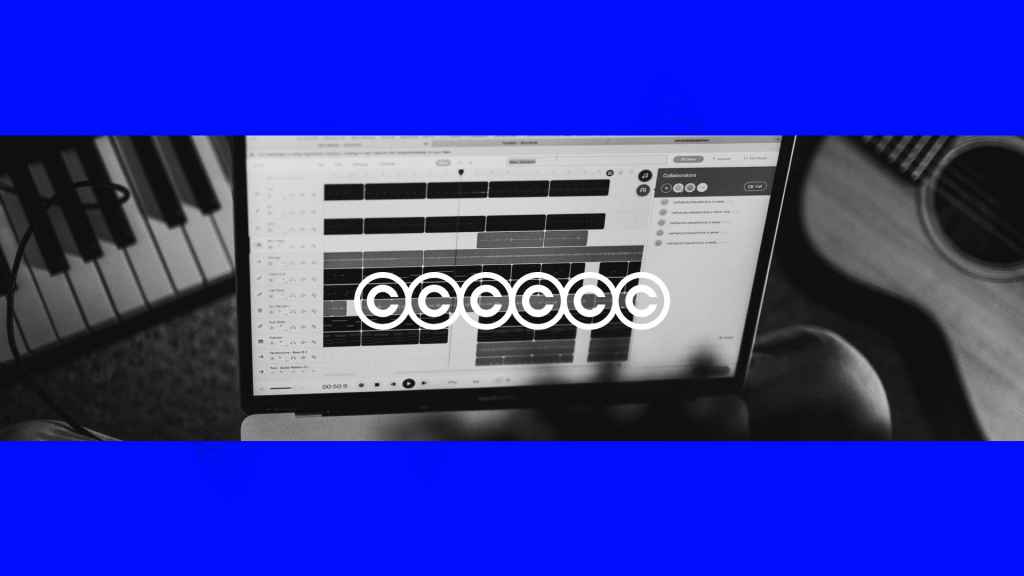
With that said, it’s a good place to start if you’re looking for information on a song’s copyright status. Here’s how you can check:
- Go to your YouTube Creator Studio page
- Go to the top right corner of the page and click the CREATE button to upload a video
- Upload a video that has a song in it that you want to use
- Once your video is uploaded and processed, click the “Checks” button
- If the song you’re using is copyright-free, it will say “No Issues Found.” However, if the song is under copyright, it will give you a red exclamation point.
- You can then click the Check to get details about the copyright.
How To Check If a Song Is Copyrighted on Twitch
There is no specific tool on Twitch for checking whether or not a song is under copyright, so it’s best to assume any song you use is copyrighted unless it is:
- Licensed, royalty-free music
- Creative Commons music
- Public Domain music
- Music from the Twitch Music Library
You might remember the massive avalanche of DMCA takedown warnings and copyright strikes that occurred on Twitch back in 2020. After that, Twitch created the Twitch Song Library, which has more than 1,000 pre-cleared songs for use on the platform.
How To Check If a Song Is Copyrighted on Instagram
Instagram has an automated system that recognizes whether or not the song playing in your video is under copyright. The problem with the system is that it doesn’t tell you whether the song is copyrighted or not until you post your video.
If you have a copyright infringement issue in your video, you’ll get a warning asking you to change the sound to something without copyright.
What If I Only Use a Portion of a Song?
Using even a few seconds of a copyrighted song without the license or permission can expose you to DMCA warnings. While some people might get away with it, that doesn’t mean it’s legal. Plus, with the advent of copyright checkers on Twitch, Facebook and Instagram, it’s nearly impossible to get away with copyright infringement.
What About Covers of Popular Songs?
For some reason, a lot of people believe they can avoid copyright infringement by using a cover of a popular song they like instead of the original recording.
Unfortunately, this is not the case. You will still need to get a license.
The second an artist or composer releases music, anyone can recreate and redistribute their own version or recording of the work, which is referred to as a “cover.” However, the person who creates the cover will have to pay the artist a mechanical royalty.
If you want to use that cover in your content, you’ll need a mechanical license. However, in some cases, you’ll also need to get a sync license, which covers the pairing of sound with visual content.
In other words, obtaining a license to use a cover of a copyrighted song is equally as difficult and confusing as it is for the original song. It’s much better to find a copyright-free piece of music for your next project.
Will I Get In Trouble If I Use Copyrighted Music Without Permission?
If you use copyrighted music without acquiring a license or getting permission, you can be subject to a copyright strike. After that, the platform can disable your audio, take down your content or close down your account altogether, especially if you’re deemed a repeat offender.
Plus, when you use copyrighted music on a video, you can’t monetize it. YouTube might consider the song “ad-supported music” in some cases, meaning the copyright owner will benefit from the monetization of your video. No matter the case, you won’t reap the financial benefits of plays and traffic.
How To Use Copyrighted Music
So, now that you understand how to check if a song is DMCA-free, the question you might have is, “what if I want to use copyrighted music?”
There are a few ways that you can use copyrighted music without having to worry about breaking the law:
- Fair Use: You do not need a license to criticize, parody or comment on a copyrighted song. If the song is used for educational purposes, you can use it without committing copyright infringement.
- Personal Use: If you are making content for personal use and you don’t intend to publish or monetize it.
- Copyright Owner: If you own the copyright to the song
- Obtaining a License: If you obtain the proper license to use a copyrighted song in your project, it’s okay to use.
Why Use Music from Mubert?
So, as you can see, how to tell if a song is DMCA is relatively easy. As a rule of thumb, even if you aren’t able to find information regarding the copyright status of a song, it’s best to assume it falls under copyright so you can avoid headaches later on down the line.
Of course, if you want to have high-quality music for your content, the lack of variety found in Creative Commons and Public Domain might not quite cut it. For this reason, content creators all over the world are turning to Mubert.
Mubert’s music licensing platform is made for streamers, filmmakers, app builders and content creators of all kinds. The platform uses millions of high-fidelity samples to generate and deliver exclusive, royalty-free music using the power of artificial intelligence.
CreatorEconomy Creators InsightsAI Music Company
Mubert is a platform powered by music producers that helps creators and brands generate unlimited royalty-free music with the help of AI. Our mission is to empower and protect the creators. Our purpose is to democratize the Creator Economy.
Generate Track API for Developers

